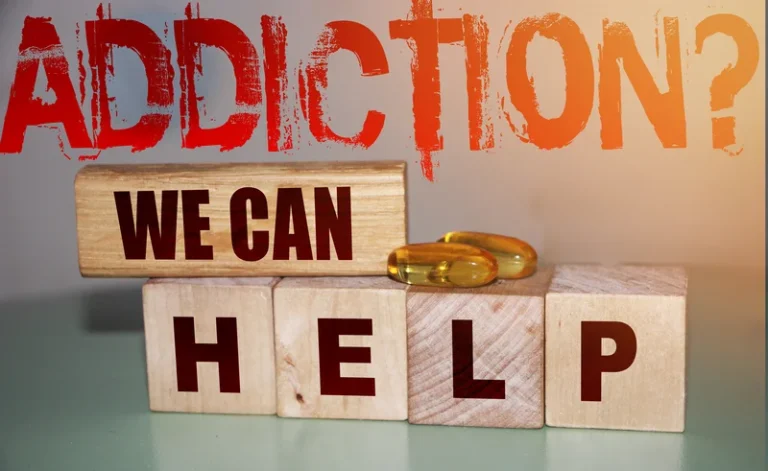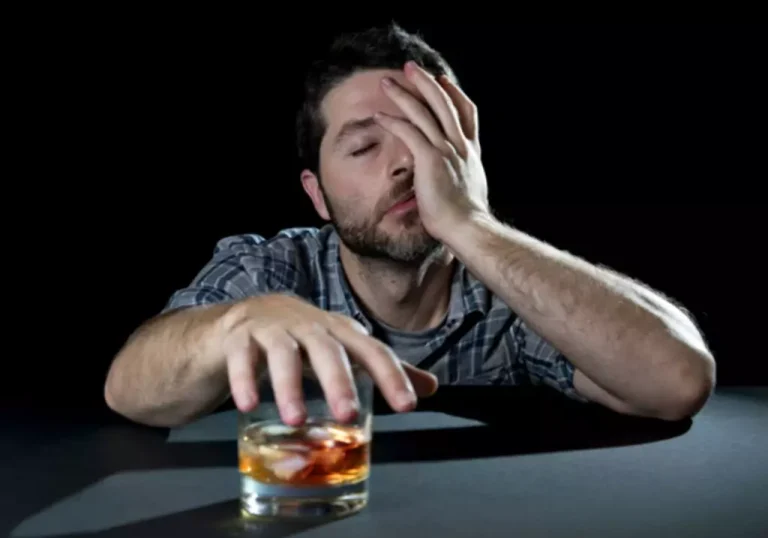
Withdrawal symptoms are generally uncomfortable to deal with, but they can be fatal. To avoid or reduce the impact of the withdrawal symptoms, people struggling with alcohol may choose to progressively taper off alcohol rather than quit abruptly. Many staff indicated that the sheer scale of people presenting with possible AUD since COVID-19, meant they did not have the time to ask people or to prioritise asking people about alcohol. Two trusts in the study region had ACTs in place at the time of the interviews, as part of the wider NHS commitment to reduction alcohol harm in England [16]. This appeared to have increased the capacity of the non-specialist workforce at these two sites to refer patients identified as experiencing AUD onto appropriate specialist support. This warrants further exploration, with further insights potentially to come via the wider programme of work around ACTs that is currently ongoing in England [46].
How much alcohol is okay to drink?
Talk therapy is an important part of treatment for alcohol use disorder, but Dr. Streem says just about anyone who is making a life change, like quitting drinking, can benefit from therapy. Whether you’re sober curious, know for sure you’re ready to quit, or fall somewhere in between, Dr. Streem shares advice for how to stop drinking. If you’re living with alcohol use disorder (also known as alcoholism), you’ll likely benefit from additional medical interventions.

Dangers of Marijuana Maintenance in Recovery

After prolonged alcohol use, your body can come to rely on alcohol for normal functioning, and suddenly going without it can cause potentially dangerous withdrawal symptoms. This phenomenon is often described as “alcohol dependence.” The most common more mild withdrawal symptoms include headaches, anxiety, and sleep disturbances. The successful implementation of interventions requires supportive implementation environments both within and outside the settings in which they are delivered. As the data collection was conducted very soon after COVID-19 restrictions ended, COVID-19 was an overarching context of the staffs’ accounts.
Symptoms timeline
There are many factors that can affect how long weaning off alcohol will take. Other people use medication-assisted treatment, which can help reduce alcohol cravings as you cut back. Lastly, engaging in alcohol therapy can also make a major difference in your healing journey. A therapist will work with you to create a personalized plan for cutting back and provide ongoing guidance and accountability.
- For this reason, it is best to seek medical advice on whether you should taper at home or under medical observation.
- But if you’re living with alcohol use disorder, drinking is more than a habit.
- If you start to experience significant withdrawal symptoms when you stop drinking, a taper can provide a much safer method to detox from alcohol.
- Quitting abruptly can be dangerous without medical supervision due to potential withdrawal symptoms.
Vitamins B1 (thiamine), B9 (folate), B12 and C are often recommended to aid recovery. These vitamins and minerals help support nerve function and overall health, which can be compromised due to long-term alcohol use. However, it’s important to consult a healthcare provider before starting any supplements, as they can advise on the most appropriate regimen based on individual health needs. If you are detoxing at home, anything beyond mild symptoms should trigger you to seek medical help.
- Unlike a home environment, medical detox services have the professional support and resources necessary to treat severe withdrawal symptoms.
- We recommend reaching out to others who are also going through withdrawal or joining group therapy.
- Internal triggers are thoughts, emotions, or physical sensations that cause a person to drink.
- Becoming more aware of your alcohol triggers and reasons for drinking can help you plan ways to help manage the urge to drink.
- Learn more here about tapering off alcohol and how to wean off it safely.
Minimized Risk of Alcohol Withdrawal Symptoms
Many insurance companies will help pay for some or all of your treatment costs.
You should not begin a tapering plan before talking to your doctor. Based on your medical history, your doctor can advise you about the safety of the taper. This method is safer than abruptly stopping alcohol consumption, especially when switching from hard liquor to beer.
- Alcohol addiction poses significant risks, and the optimal approach to mitigate these dangers involves abstaining from alcohol altogether.
- It should not be used in place of the advice of your physician or other qualified healthcare providers.
- A person is free to increase the taper speed (e.g., lower by three drinks instead of two) as they see fit.
- If you’re living with alcohol use disorder (also known as alcoholism), you’ll likely benefit from additional medical interventions.
- Withdrawal symptoms can be dangerous and even life-threatening, particularly when you quit cold turkey after a long period of alcohol abuse.
- When you consider how to go about giving up alcohol, account for factors like how much you drink and your reasons for drinking.
If your health, wellness, and even life may be at risk, quitting alcohol should only be attempted with the help of a medical professional. Deciding to taper off alcohol is a slower process that requires planning, but it can decrease both the chase of experiencing severe withdrawal symptoms and relapse. Alcohol detox medications can make the process https://ecosoberhouse.com/article/anger-and-alcoholism/ safer and more comfortable. They can also ensure your alcohol detox is successful by making it nigh impossible to relapse if symptoms get difficult. Additionally, the post-detox treatment resources available at a professional treatment center can ease the transition to sober living and give you the tools you need to stay sober long-term.
Tapering off alcohol helps some people start their recovery journeys. It can also be a good idea for people who don’t want to, or can’t, attend any type of full detoxification program. Slowly decreasing the amount you drink over time can spare your body from withdrawal symptoms. This is because drinking heavily how to taper off alcohol at home over a long period can cause your body to become physically dependent on alcohol. With physical dependence, your body becomes used to the presence of alcohol in your system and begins to adapt accordingly. Weaning off alcohol gives your body chemistry a chance to adjust, reducing the shock to your system.
- Framing the interpretation using the NPT domains has helped us to emphasise how contexts and mechanisms interact to make the implementation at this particular time and place difficult.
- If you or someone you know is quitting alcohol and experiences seizures, DTs, hallucinations, or other major effects, seek immediate medical attention or call 911 for help.
- If you find that you are a person who cannot taper their alcohol consumption consistently, or if you find that you begin to experience withdrawal symptoms by merely cutting back, don’t give up.